
U.S. and France have intensified dialogue with the Maghreb countries. Secretary of State Hillary Clinton, French Minister of the Interior and Foreign Affairs Manuel Valls Laurent Fabius visited Algeria and French President Francois Hollande is to travel until the end. Sahel area in northern Mali were established several terrorist networks that threaten the security of countries in the region and not only became a center for launching terrorist operţiunilor worldwide. Visits are conducted at a time when the State Mali international community for help to resume control of the northern provinces.
UN supports the idea of international intervention in Mali, France appearing as the main organizer of the forthcoming operation. Algeria remains the main base where they have launched the offensive against terrorist networks in the Maghreb, Sahel and Mali, where the interest of Paris and Washington to improve relations with Algeria. Meeting of the International Francophone top, held in Kinshasa, was marked by French President François Hollande statements regarding the danger of radical Islam that proliferate in Mali and the Sahel. He urged Africans to mobilize and not allow terrorism to ruin their hopes for a better world. French president call immediately echoed among those affected but also among terrorist groups.
One of the jihadi groups who control northern Mali threatened French hostages held in the Sahel will know “hell” where France incite military action. Time plays for the terrorist al-Qaeda in the Islamic Maghreb, which has built a base in northern Mali, the region became independent after secession due to the Tuareg rebellion. In any case the United States, European Union and African countries in the region can not afford to let this huge territory in the hands of terrorist and mafia organizations proliferate there, and radical Islam has already established Islamic law in the region recruiting children for military operations.
This is why Mrs. Hilary Clinton and Laurent Fabius were in Algiers, to ask the country to engage in a military operation. The geographical situation (Algeria and Mali have a common border state of 1400 kilometers) Algeria is the key to success in the event of military intervention, the Algerian army is a well equipped and well trained, having staff who have valuable experience in fighting tetrorismului . In Algeria 20 years ago itself was the scene of a civil war triggered by radical Islamists, war that killed about a hundred thousand people. It is true that in Algiers authorities fear a possible destabilization in the event of widespread conflict in the Sahel, especially in Algeria that live around 50 000 Tuareg. Security Council of the United Nations adopted Resolution 2071 aimed to pave the way for deployment of international military forces in Mali. Resolution states Algerie role to be consulted before sending troops to Mali. 3300 people would be provided by the Economic Community of West African States (Economic Community of West African States – ECOWAS), the American and French logistical support.
Algeria is called to play an important role in restoring official ruling northern Mali and reduce the presence of Al-Qaida in the Islamic Maghreb. Algeria initially opposed military intervention could destabilize northern and tried through discussions with various groups to bring stability and restore western influence in the area. Ruled by a military regime promoted a nationalist political Algeria tried to become a regional leader ever since national independence in 1962. Events conducted in 1962 and to this day have kept the country concentrated on the domestic situation. Between 1991 and 2002 civil war devastated the country, followed by the threat of terrorist groups such as the Salafist Group for Prayer and Combat organization founded in northern Algeria. After September 9, 2001 President Abdel Aziz Bouteflika was able struggling to rebuild ties with the West defeating Islamic radicalism in the region. Arab Spring has brought changes among neighbors Algerian totalitarian regimes in Egypt, Libya and Tunisia is spulberându and traditional Morocco enemy facing domestic economic problems. Now Algeria is in poll position as the dominant power in the Maghreb and Sahel. Algeria is a major exporter of liquefied gas in Italy and France which allowed adequate equipment in the armed forces. From the military base at Tamanrasset in southern Algeria located can design the armed forces and security, both specialized in fighting in the desert and in the anti-insurgency in northern Mali.
Co-operatives between Algeria and West to create stability in North Africa to overcome the geopolitical realities and ideological barriers, the region’s future is dictated now in Algiers, the only state that was haunted by the Arab Spring. Algeria has become part of the solution in Mali. Algerian Islamists ally with insurgents in northern Mali came into chaos due to the coup in March and are associated with al-Qaeda in the Islamic Maghreb (AQIM). Entered the association including soldiers loyal to former Libyan President Colonel Muammar Gaddafi.
AQIM is preparing for war recruiting fighters. Reports say that hundreds of foreign fighters recruited, including 150 Sudanese and sahrawis.
Over 150 fighters (the equivalent of a brigade in the terminology of terrorists rather a company in Western terminology) were deployed in each of the two cities Timbuktu and Gao. They are equipped with 10 machines each pick-up equipped with machine guns. Brigades have autonomy in choosing targets with a supreme commander at HQ Kabylie region of Algeria, Abu Musab Abd al-Wadoud. Among workgroups in northern Mali are al-Furqan brigade stationed in Timbuktu and led by Emir AQIM in the Sahel, Yahia Djouadi and brigade stationed in Gao called Taregh is headed by Hamid Ibn Ziyad Essoufi. Mali terrorist groups are based in Timbuktu Ansar Dine Movement for Unity and Jihad in West Africa based in Gao and National Movement for the Liberation Azawad, movement composed of Tuareg fighters. Nomadic Tuareg people of northern Mali region wants independence and the creation of a national state. Regardless of the outcome of military operations Tuareg people will have a say in administrative reconstruction northern Mali.
In Bamako discussed in the presence of diplomats and military strategists proposals that the African Union has done for the purpose of military action in Mali. Current context of Mali enable African Allied intervention. France and the U.S. will phase information necessary logistics and military (drones will be deployed to northern Mali motorized space). The timing was important for French President Hollande who showed friendship to African countries that have problems in contrast to its predecessor Nicolas Sarkozy whose arrogant style in these relationships has been sanctioned by Africans. President Holland believes in the need for military intervention because the movement of al-Qaida in the Islamic Maghreb can turn into a haven for terrorists. Recovery of Timbuktu and Gao towns under rebel control is a difficult military operation which will include periods of negotiation and confrontation periods. But everything depends on the support of the West in information.

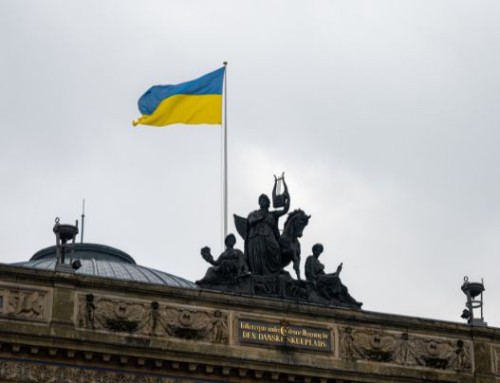
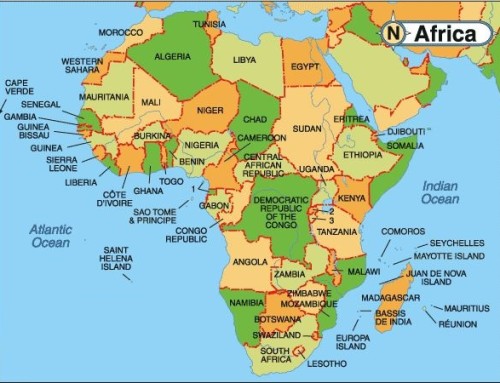
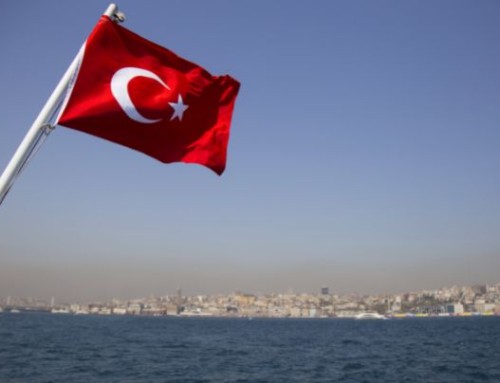
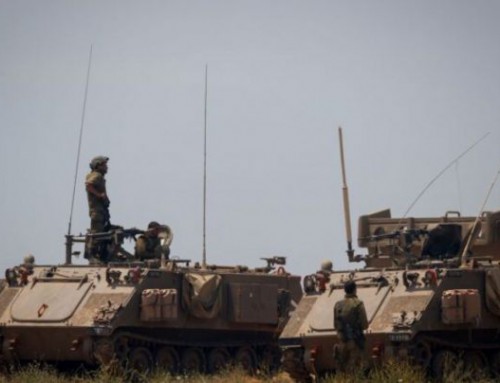
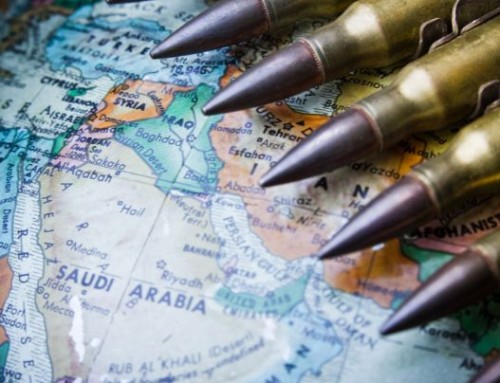
Leave A Comment